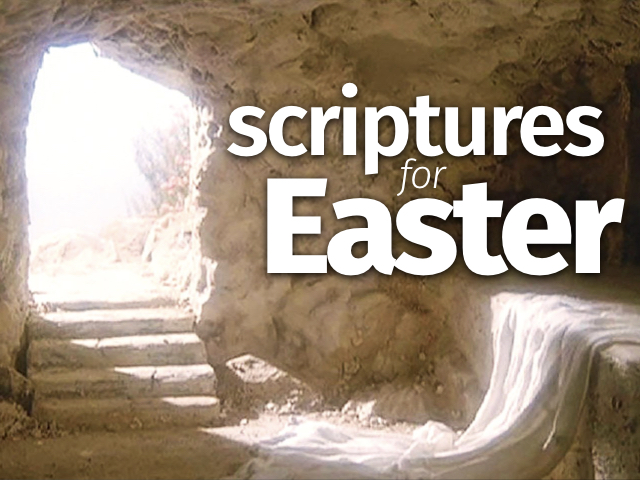
- WOKE
woʊk verb Past tense of wake. - 2. [adjective] Alert to the existence or presence of racial prejudice and discrimination.
- 3. [adjective] Liberal.
- [Wokeism
'woʊk.ɪz.əm noun]
I first heard the term “woke” in college in the 1980s. It had been around since the 1930s or so, but it was largely confined to the black community. I heard it ’cause I had black friends and employers. They used it to describe people who had “woken up” to problems in society which they previously didn’t know about. Namely about racism.
See, you can live a really sheltered life before you get to college. Which is somewhat understandable. I grew up in the San Francisco Bay Area in the 1970s, when there was all sorts of civic unrest going on. Drug addicts in the local parks. Full-on riots, with the National Guard sent in, in the very same county. My parents didn’t want me worrying about this stuff, so they downplayed it, or made sure I saw little to none of it. I get why they did it; I approve.
The only problem I have with this behavior is when it goes on too long. And a lot of parents think it should. They’ll keep sheltering their kids well into their teenage years, arguing, “Why they’re just children.” Legally yeah; and there’s an awful lot of people who retain immature character traits well into old age. But in a very few years, your teenagers are gonna become voters. They can run for office, serve on juries, and join the military. They can become active, participating citizens, who need to know what’s going on in their world. But if they’re sheltered well into their young adult years, they’re going to have a very distorted view of the world. They’ll be horrified when they first encounter the real thing—as I witnessed many times when I went to bible college, and watched my homeschooled classmates struggle mightily when we ministered to the needy, the homeless, and the kids in juvenile hall. They weren’t at all prepared for the world Jesus calls us to minister to.
Y’see, they’d been asleep. And many of them still choose to stay asleep.
Institutional racism continues to be a problem in the United States. It’s a problem I was far too unaware of when I was a kid, ’cause I assumed—’cause I was taught—the racism problem was solved! The Voting Rights Act was passed before I was even born. Racial discrimination was illegal. I lived near military bases, and lookit all our multiethnic soldiers!—they worked together, race notwithstanding, and proved racism was abolished. (Of course I never asked how many officers were nonwhite at that time. Sheltered kids never learn which questions to ask.)
So how’d I become aware of it? I had nonwhite friends. I saw people discriminate against ’em. Sometimes—but seldom; they didn’t always think they could trust me—they told me stories of people discriminating against ’em. Mexican and Filipino and black friends getting the cops called on ’em just because some white neighbor thought, “Oh they must be in a gang.” Or hearing racial slurs from other kids in our school who moved here from predominantly white towns, and brought their racism with them. Or seeing teachers, school administrators, civic authorities, and pastors treat them with low expectations simply because they weren’t white.
I was already kinda “woke” when I got to college, so the teachers didn’t have to convince me. But man alive, were there some white students who were resistant to the idea racism still exists. “Well I never saw any of that happen in my community.” Well
White people largely hadn’t heard the term “woke” until the 2010s, when the Black Lives Matter protests started up, and the term worked its way into the mainstream. And because not everyone bothered to find out what “woke” means—same as pretty much every new word people stumble across—a number of conservatives presume “wokeism” is just another word for the left-wing agenda. It means political correctness, or identity politics, or liberalism in general; it means anything and everything they don’t like.
Thing is, there are plenty of conservatives who are entirely aware what “woke” actually means, and know it doesn’t mean identity politics, or liberalism in general. They’re entirely aware it’s about anti-racism. We know this ’cause they say so… when they’re put under oath.






